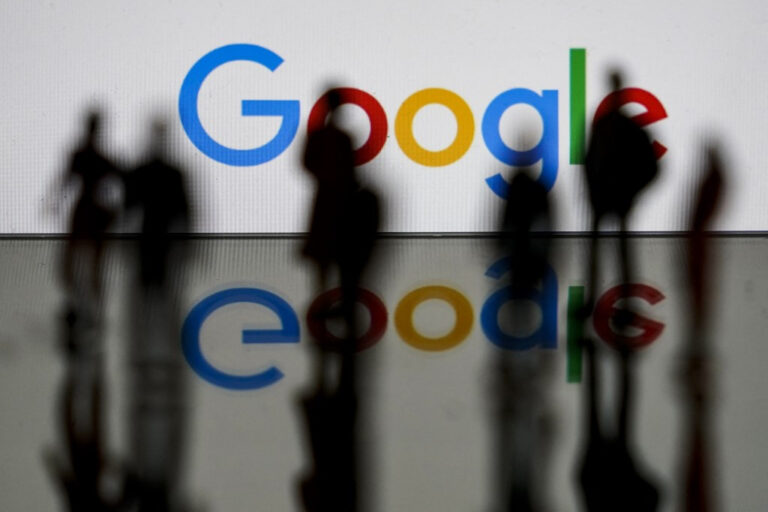Google made major changes to its search algorithm and spam filters earlier this year to get rid of low-quality content — but the effects have proven devastating for some smaller websites.
Online businesses have had to consider layoffs and even site closures after Google’s massive upgrade in March and April caused a catastrophic drop in traffic.
Gisele Navarro is one of the unlucky people whose website has been caught in Google’s net.
The 37-year-old Argentinian runs the website HouseFresh with her husband, and they have built a healthy niche in product reviews for air purifiers since 2020.
There were no ads, no product placement, and no soft-pedaling: if a product was bad, the site’s critics said so.
They earned commissions on clicks to Amazon.
But Google’s update changed all that.
“We found that we went from being in first place – because we were one of the only people who actually did an assessment – to not even showing up,” she told AFP.
HouseFresh used to receive about 4,000 referrals per day via Google search, but that number has since dropped to about 200.
The decline in business was so severe that Navarro said he was advised to shut down the site and start over with a new domain name.
“Useful” updates
Navarro and many other sites’ frustration stems from the lack of clarity about how Google ranks results.
The American company is notoriously secretive about its algorithms, so much so that an entire industry known as “search engine optimization” has grown up around trying to game the algorithm to get more clicks.
The latest update has sent SEO experts into a downward spiral, desperately trying to figure out why some sites were boosted and others degraded.
Google told AFP in an email that its update was designed specifically to give users “fewer results that look like they were made for search engines.”
“The only changes we’re rolling out are ones that our experiences have shown will significantly improve outcomes for users. And we believe those updates have been helpful,” Google said.
Yet Navarro showed in a widely shared blog post in May that people searching for product reviews were increasingly being fueled by ads and content that appeared to be AI-generated or SEO-optimized.
“A difficult market”
Other content enhanced by Google’s update includes user-generated content from websites like Reddit and Quora.
Google defended this approach, saying that “people often want to learn from the experiences of others,” adding: “We conduct rigorous testing to ensure that the results are useful and of high quality.”
But employees at a European news site said their articles were now being systematically overridden by largely irrelevant content from Reddit.
The site’s publisher, who requested anonymity due to the sensitivity of the subject, said Google’s referrals had dropped 20 to 30 percent since the update – and that cuts would be inevitable.
“In an already difficult market, this poses a serious problem for independent publishers like us,” they said.
All of the companies interviewed by AFP said they were now urgently looking for ways to avoid relying on Google search – whether by writing newsletters, creating podcasts or finding other ways to engage audiences.
The head of a financial technology media outlet, who spoke to AFP on condition of anonymity because he feared negative effects on his business, said his competitors all employed SEO companies “to buy traffic.”
“We don’t do that, but it’s becoming increasingly difficult to maintain that position because those sites haven’t dropped as much as ours after this Google update,” they said.
Navarro, who has had to cut staff significantly, has turned to video reviews and newsletters to try to reconnect with her audience.
And despite her experience with Google, she remains optimistic about the web.
She was encouraged by the many messages of support and the increase in referrals from alternative search engines like DuckDuckGo.
“The entire body of human knowledge is on the web – and that has value,” she said.
“I don’t want to give up just because Google is down.”


